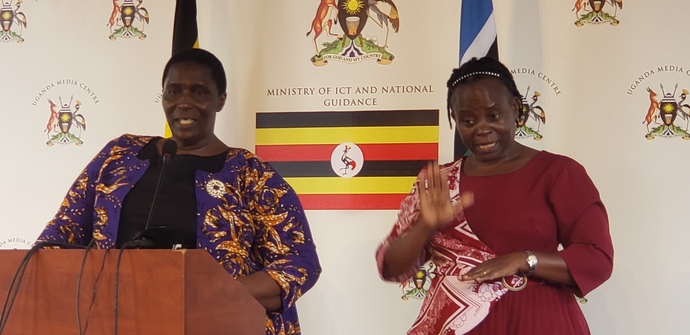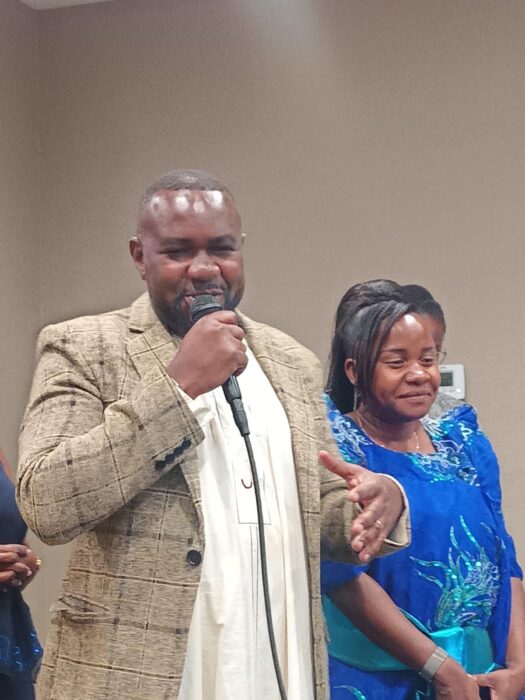
By.Damba Rogers
46 percent of Refugees in the country continue to live in absolute poverty and are unable to meet their minimum daily requirements and basic nonfood needs
This is considerably higher than the poverty incident for the host communities’ population which stands at 17 percent and also higher than the official national poverty rate of 21.4 percent reported 2016/17 despite the humanitarian aid received over time
According to results released on the refugee policy Response in Uganda indicates that a larger portion of the West Nile are poorer than those in the South Western region and it’s attributed to the fact that most refugees in the West Nile Region have not settled to the engage in commercial activities like agriculture which they are conversant with
This during the release of the refugee policy Response in Uganda compiled by the Government by Government and World Bank at the Prime Minister’s office in Kampala
As James Muwonge the Director Socio-Economic survey at Uganda Bureau of Statistics explains that South Sudan refugees in West Nile should be given tools to practice agriculture among other skills to help them do activities which will provide them with some income as well as feed themselves.
Muwonge warns that if nothing is done very fast then these alarming figures will translate into a social-economic problem for the host country.
The Refugees, Relief, and Disaster preparedness minister Hillary Onek while officiating at this ceremony notes that the government has embarked on equipping skills among refugees, to ensure that they are productive.
UN refugee agency in Uganda recently sounded alarm bells to its partners over the insufficient funds.
The agency said, its in a crisis of over USD.600 million needed to run different activities.
The UNHCR representative in Uganda Joel Boutroue added that in the upcoming Global Conference for Refugees in Geneva, they will exploit the opportunity to lobby international communities to extend more financial support to refugee programs.
Since the beginning of the year, Uganda has continued to receive over 70,000 new arrivals from DRC, S.Sudan and these have continued to put pressure on the available resources and services offered to host communities and refugees.
One of the biggest biometric verification processes ever undertaken has confirmed that Uganda is hosting 1.1 million refugees, by far the largest number in Africa and the third-largest worldwide. With the scale of the crisis now confirmed, the international community should ensure the response is appropriately funded.
END




